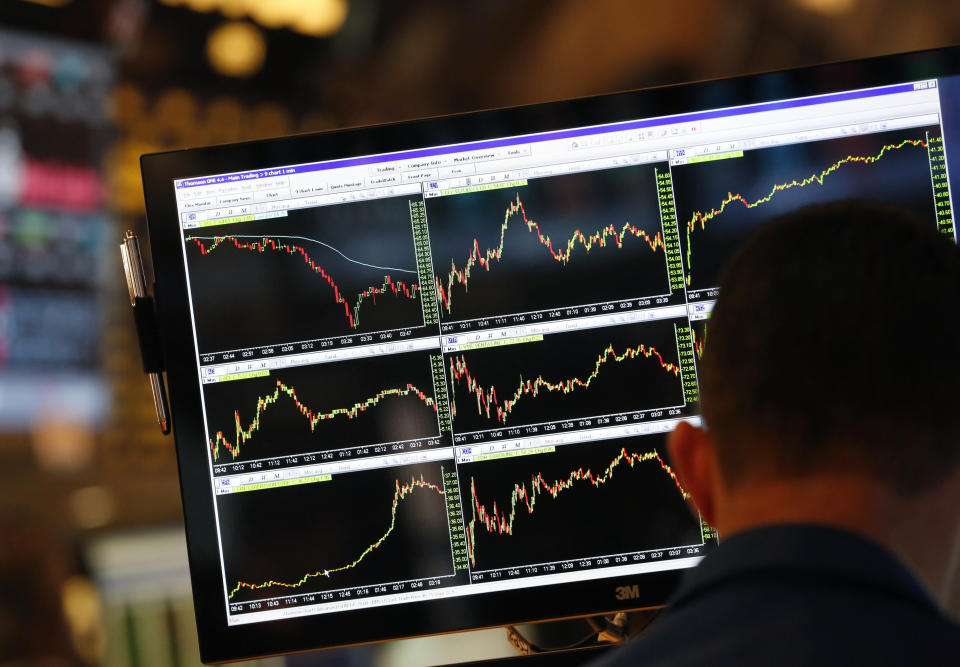Bridgewater: Stocks are more expensive in the U.S. than anywhere else in the world
U.S. stocks are some of the most expensive in the world, leaving them vulnerable to a downside reversal, according to the head of research at the world’s largest hedge fund.
“The United States is a lot more stretched than anywhere else in the world,” Karen Karniol-Tambour of Bridgewater Associates told Yahoo Finance at the World Economic Forum in Davos, Switzerland, on Thursday. “And the United States is really where you’ve had over a decade of outperformance, that has matched the fact that the United States came out better out of the financial crisis than any other country.”
The S&P 500 (^GSPC) soared nearly 29% in 2019, outperforming against the MSCI ACWI ex-U.S. exchange-traded fund’s (ACWX) about 17% advance.
That gap yawns further when looking over the past 10 years, when the S&P 500 surged 256% versus a gain of just 59% for the MSCI ACWI ex-U.S. fund.
U.S. stocks’ thumping returns recently came in tandem with significant multiples expansions, with valuations expanding well above their historical averages as measured by the S&P 500’s forward 12-month price/earnings (P/E) multiple.

The P/E multiple for the S&P 500 was 18.6 as of January 17, according to FactSet, coming in higher than the five-year average of 16.7 and 10-year average of 14.9. At the same time, S&P 500 fourth-quarter 2019 blended earnings declined by 2.1% for companies reporting through last Friday, further underscoring the discrepancy between stock prices and companies’ fundamental performances to date.
“At this point, when you look at U.S. profit margins, they’re the most stretched that you see anywhere around the world, and very vulnerable to reversals on issues like antitrust, regulation, generally relations between labor and credit, strength of labor unions,” Karnil-Tambour said.
“You can’t really get another leg down to be as supportive to companies and their profit margins as you just did with tax cuts,” she added, in reference to the Trump administration’s Tax Cuts and Jobs Act from 2017. “Antitrust can only go from high to zero, whereas the risks of a reversal of pressure on those profit margins is much more significant, and that’s really greater in the United States than in any other country,” she said.
—
Emily McCormick is a reporter for Yahoo Finance. Follow her on Twitter: @emily_mcck
Read more from Emily:
Netflix 4Q subscriber growth tops expectations, but guidance disappoints
Tesla has a ‘key advantage’ over other automakers, analyst says
Why traders playing oil like it’s 2010 are ‘getting their heads handed to them’
Valuations aren’t overstretched after record year for stocks, strategist says
Stock market 2020: Most experts predict gains, some expect losses
Follow Yahoo Finance on Twitter, Facebook, Instagram, Flipboard, LinkedIn, and reddit.
Find live stock market quotes and the latest business and finance news